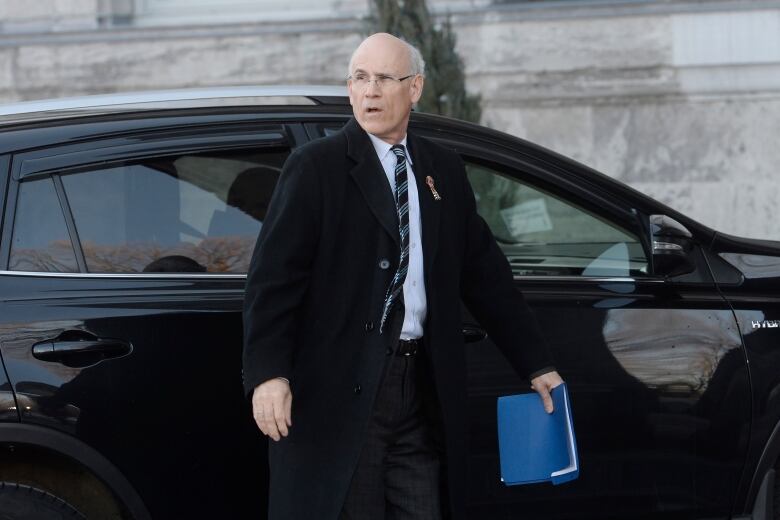As the union representing tens of thousands of federal public servants prepares to hold strike votes across the country, one expert in labour negotiations says we should be prepared for more contract disputes thanks to high inflation.
Earlier this week, the Public Service Alliance of Canada (PSAC) announced it will hold strike votes for another 120,000 federal public servants, just two weeks after taking the same step for 35,000 taxation employees.
The main issue during talks, which started in June 2021, appears to be wage increases. PSAC is asking for an annual increase of 4.5 per cent for 2021, 2022, and 2023 for the four latest bargaining groups.
The government has countered by offering a 2.06 per cent raise on average over four years, an amount PSAC labelled as “insulting.”
The fact negotiations have stalled doesn’t surprise Robert Hickey, an associate professor of industrial relations at Queen’s University.
“The bargaining environment has been fundamentally changed by inflation,” said Hickey. “What PSAC is asking seems high, but in the context of relatively high inflation it’s not outside the ballpark for a starting offer.”
Hickey points to labour deals reached in 2022 in several of Ontario’s building and construction trades, where many workers received salary increases ranging from three to four per cent annually.
That only happened after they rejected tentative deals negotiated by their unions because they included lower increases.
Return of cost-of-living adjustments?
Hickey also reminds people that prices in Canada rose annually by 10 to 12 per cent in the early 1980s, which meant workers routinely negotiated wage increases in the range of eight to 10 per cent.
That period of high inflation led to the creation of cost-of-living provisions, which tied worker’s wages to the consumer price index.
“Cost-of-living adjustments don’t really exist anymore in contracts because we went through years of low inflation,” said Hickey. “There’s now a heightened expectation from workers for unions to fight for better economic protections against high inflation.”
While the Treasury Board said through a statement it is “disappointed” PSAC has decided to call a strike vote, a recent professional head of the public service says it’s unlikely to lead to a work stoppage or disruption.
“I don’t think either side really has an incentive to escalate this to a serious confrontation,” said Michael Wernick.
From 2016 to 2019, he served as the non-partisan clerk of the Privy Council and now sits as the Jarislowsky Chair in public management at the University of Ottawa.

Wernick questions how long the public would accept being inconvenienced should a large number of public servants start work-to-rule campaigns or eventually launch strike action.
“There’s only so much public sympathy given the perception and the realities that public servants enjoy job security, pensions and benefits that a lot of private sector workers don’t have.”
Political aspect of negotiations
On the flip side, Wernick says the minority Liberals may want to avoid a strike that could lead to calls from an angry electorate to introduce back-to-work legislation, given that the government relies on the NDP and leader Jagmeet Singh to remain in power.
“Back to work legislation is anathema to the NDP, and so that would put Mr. Singh in a difficult position,” said Wernick.
“He might have to decide whether to bring down the government because of back-to-work legislation, so you can see that there’s a lot of incentives around town to ultimately reach some kind of settlement.”
He adds that one person for whom a strike could be a windfall is Conservative Party Leader Pierre Poilievre, whose successful leadership campaign focused on shrinking and limiting the government.
“I think the PSAC leadership has to think through the long-term consequences,” said Wernick.
“They can end up weakening the government and its allies and helping Mr. Poilievre, and then they could find themselves dealing with a Poilievre government in a very different environment than the current one.”





More Stories
Fair share: the right office solution can take finding the right partner
Ontario faces crew shortages, aircraft issues in fight against wildfires | Globalnews.ca
Refugee attends open house at Downtown Eastside affordable housing facility – BC | Globalnews.ca